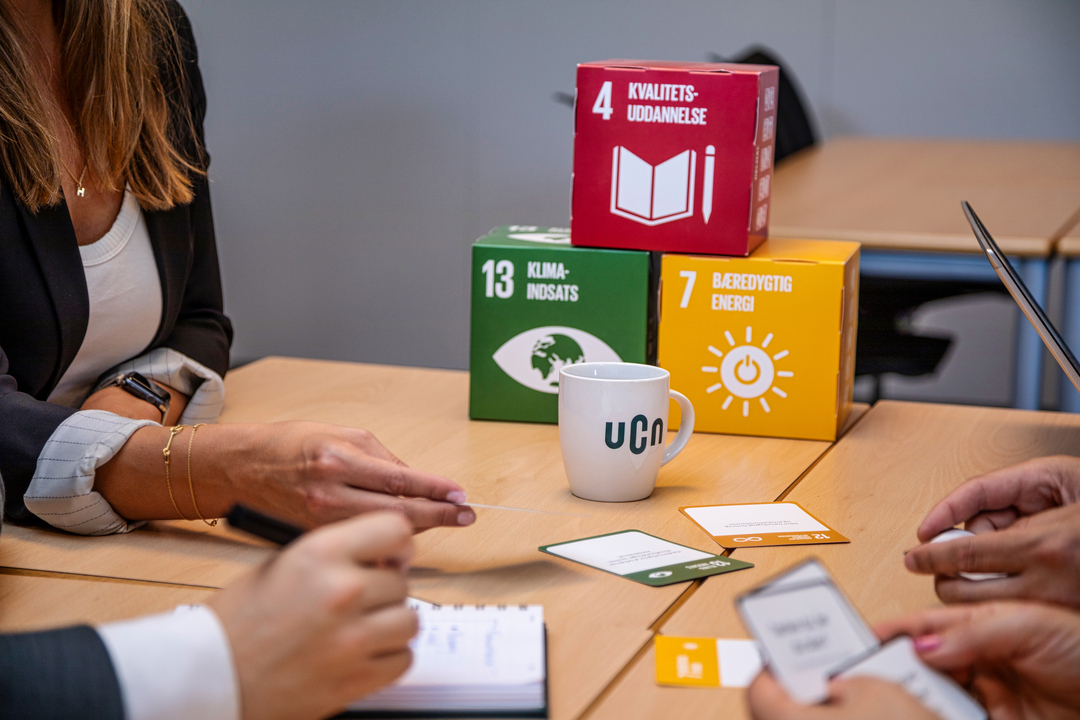
An elective course about the Sustainable Development Goals
Background
In Denmark, the Bachelor program in Physiotherapy (PT) is a 3.5-year full-time program comprising 210 ECTS. The curriculum includes a common national part, ensuring consistency across institutions, and a specific part tailored by each institution. At the University College of Northern Denmark (UCN), we use Reflective Practice Learning (RPL) (1) learning approach to link learning with practice-based reflections. In this context, we offer 3rd s-emester students the opportunity to take an elective course called Global Goals.
Elective Course: Global Goals – UCN Physiotherapy Program
This course aims to enhance physiotherapy students’ understanding of the Sustainable Development Goals relevance for Physiotherapy practice. Through lectures, workshops, experiences, and group work, students explore innovative solutions for PT-relevant issues related to SDGs, focusing on Goals #3, 10, and 11.
Collaborative Learning – SDGs and Physiotherapy Practice
Week 1: Introduction and orientation
UCN as an SDG School: Students learn about UCN’s commitment to the SDGs and identify campus initiatives supporting these goals. They discuss potential improvements.
Physiotherapy and the SDGs: Third-semester students develop a broad understanding of physiotherapy’s role in promoting health and quality of life, both locally and globally. They analyse Denmark’s progress on SDGs #3, 10, and 11 using data from the Danish Statistics Authority.
Inspirational Masterclass: A guest speaker presents evidence-based practices in environmental physiotherapy, highlighting the profession’s role in environmental health.
Experiential Learning:
- Target 3.4: Mental Health: Students explore the role of physiotherapists in promoting mental health and well-being, reflecting on how campus environments affect their body and mind.
- Target 11.7: Urban Development and Physiotherapy: Emphasizing experiential learning, students and teachers bike through Aalborg to analyse urban areas in terms of physical activity and health promotion. They discuss access to green and public spaces and their impact on physical and mental health.
Innovation Workshops: Using the Innovation Circle as a model (2), students identify and address physiotherapeutic challenges related to the SDGs, developing innovative solutions. They define target groups, create mind maps, and gather insights.
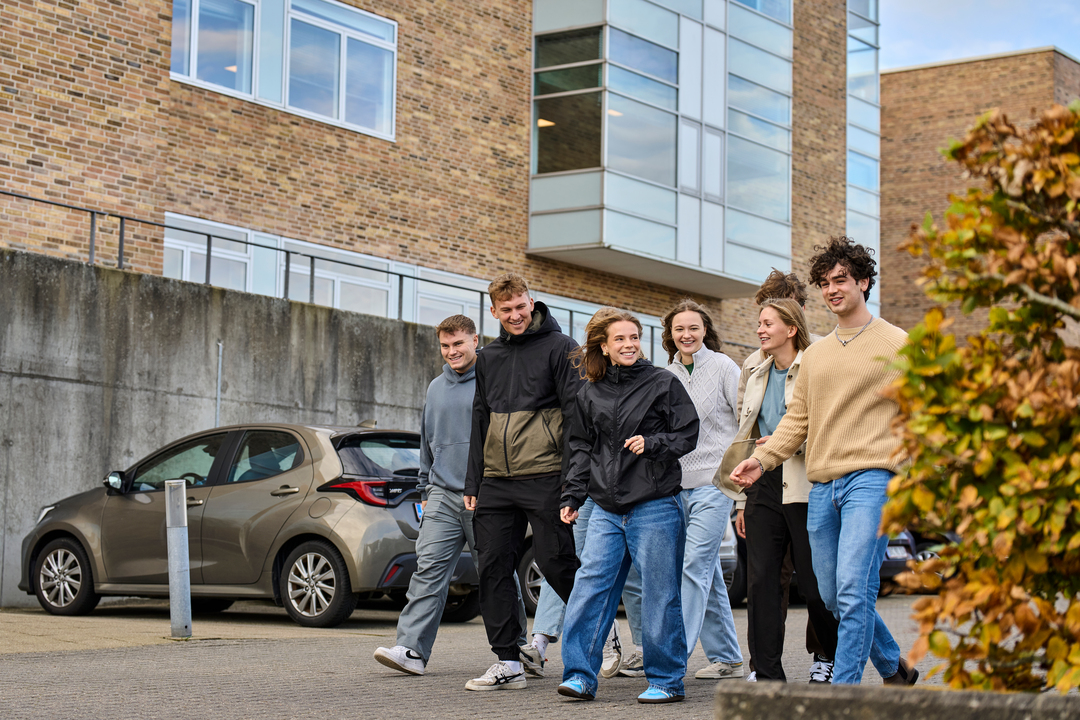
Week 2: Problem Identification and Solution Development
Problem Identification: Based on their experiences, students identify a problem and a target group to interview. They collaborate with their target groups to develop solutions relevant to the physiotherapy profession.
Presentations: On the final day, students present their findings, engaging the audience and showcasing their innovative ideas using the innovation circle steps as a framework.
Creative Thinking and Problem-Solving: While the course currently does not support the implementation of project ideas, it provides a platform for creative thinking and problem-solving. The potential to develop these ideas into concrete projects would enhance the course’s impact and demonstrate the contributions physiotherapists can make towards achieving the SDGs.
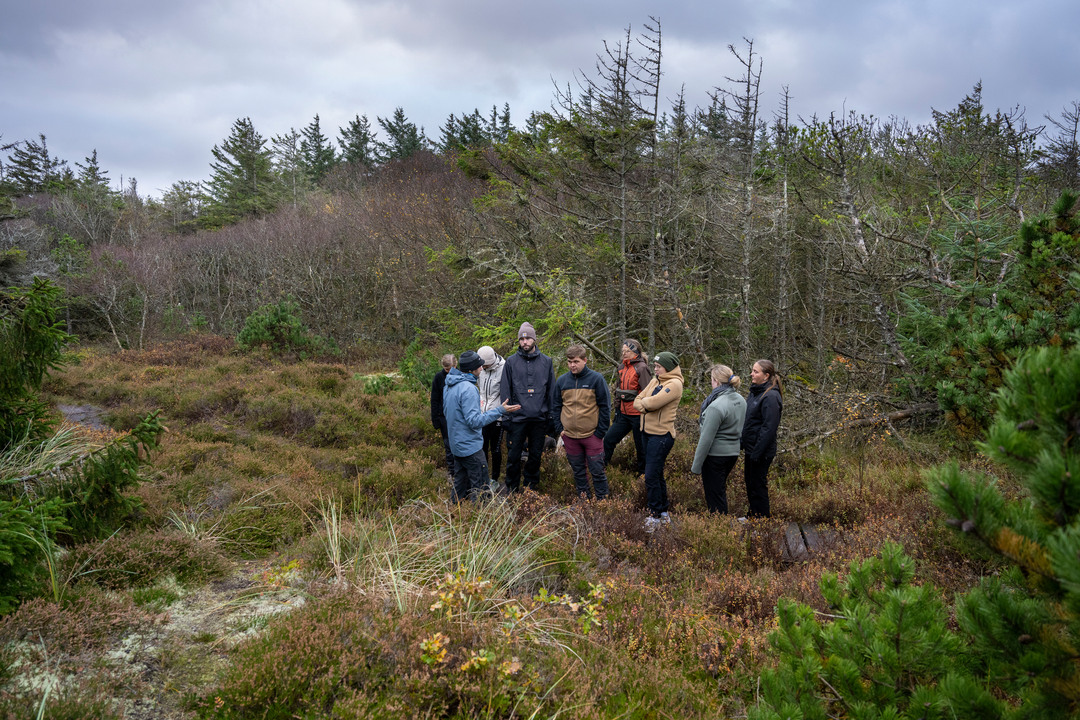
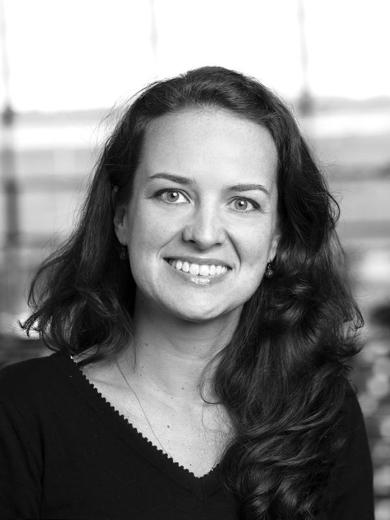
Priscila de Brito Silva, PT, PhD
Associate Lecturer, University College of Northern Denmark
Priscila is Associate Lecture at University College of Northern Denmark in Aalborg Denmark. She is enthusiast for movement, nature and holistic well-being and works to support education of future physiotherapists that integrate human and planetary health in their practice
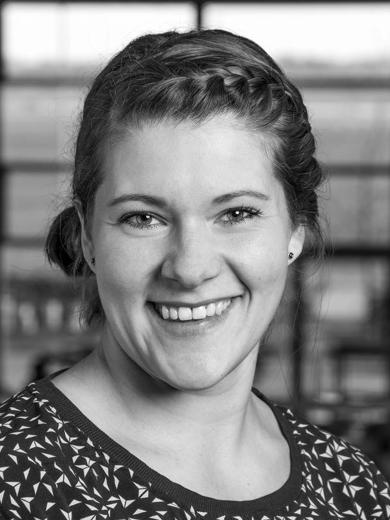
Josephine Nielsen (MsC)
Lecturer, University College of Northern Denmark
Josephine Nielsen has been a Physiotherapy Lecturer at University College Nordjylland for 11 years and a finished her Master in Clinical Science and Technology in 2013. Josephine teaches mainly in Movement Science, Communication, Physical Activity and Health Promotion.
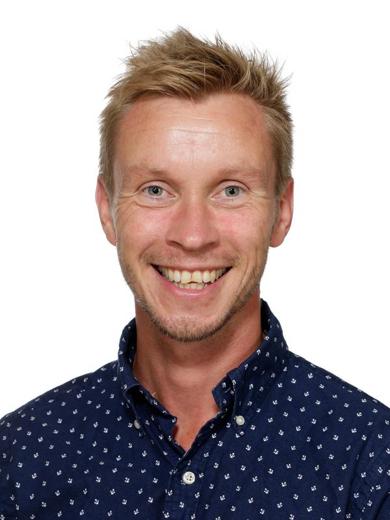
Samuel Krogh Pedersen (PT, MSc)
Assistant Lecturer, University College of Northern Denmark
Samuel Krogh Pedersen, PT M.Sc., is an assistant lecturer at the Department of Physiotherapy, UCN, Denmark. He has an educational and clinical background in musculoskeletal physiotherapy. His work focuses on the intersection of clinical practice, education, and research, with a particular interest in how context, learning theory, and philosophical perspectives shape physiotherapy and the experiences of people living with pain.
Student ideas
The Discount Rider: An app that offers users discounts at cafes, restaurants, shops, and other places when they arrive by bike. Users log in and tap the bike icon to start their ride, promoting sustainable transportation.
Physiotherapy Workshops in Primary Schools: Physiotherapists visit primary schools to conduct workshops on topics such as sports injuries, pain, and optimal recovery. These workshops aim to educate pupils and provide hands-on experience for students, familiarizing them with sports-related issues.
Guided Trips for Seniors: Physiotherapists lead trips where seniors can strengthen both body and mind in safe, beautiful surroundings. These training trips focus on community, quality of life, and health, allowing seniors to engage in physical activity and social interaction.
References
(1) Horn LH, Jensen CG, Kjærgaard T, Sørensen NB, Valbak-Andersen IM, Bundgaard C, Lukassen SB. (2020). White paper on Reflective Practice-based Learning. From: https://blad.ucn.dk/white-paper-on-rpl/
(2) Pedersen, A. S. (2019). The Innovation Circle.

0 Comments